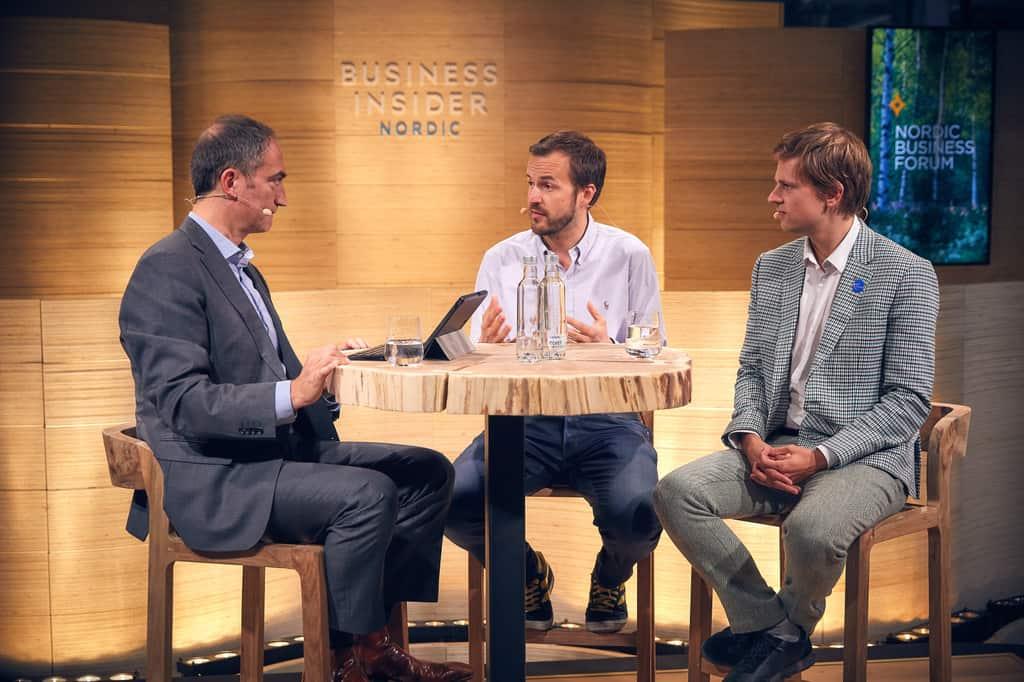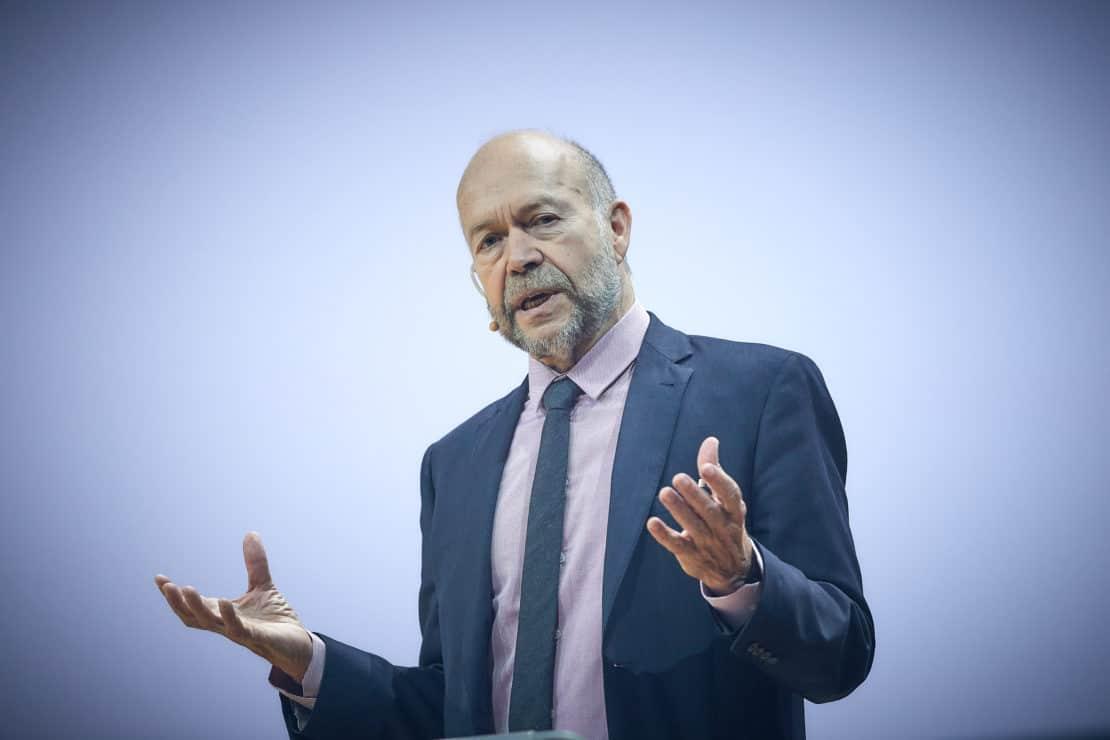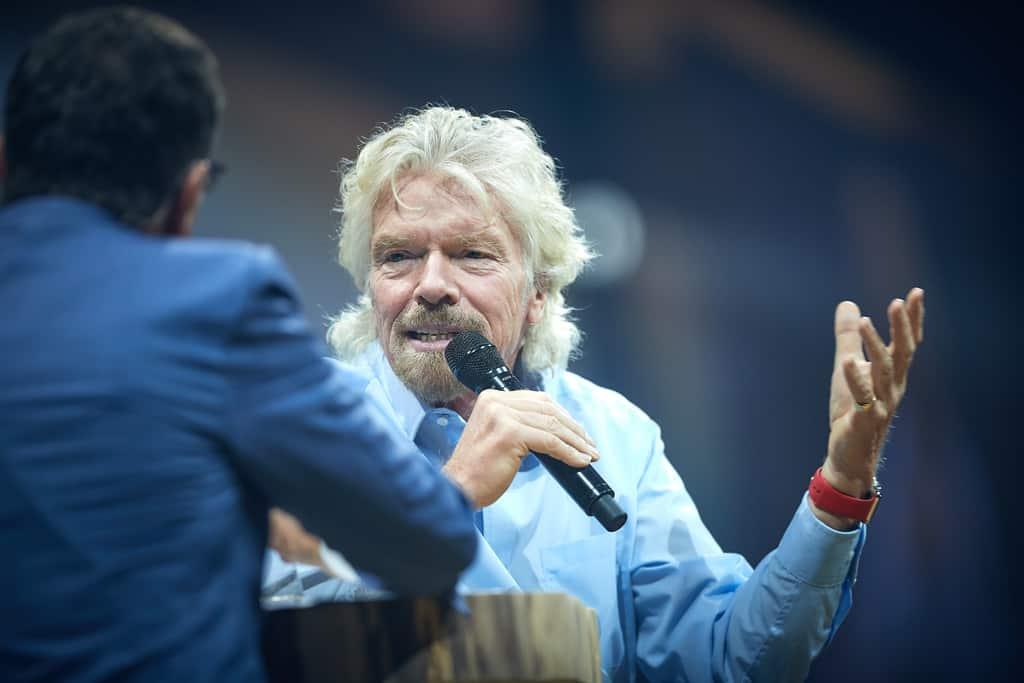2Oct2017
It’s a question everyone is wondering: Why is the Estonian tech scene punching so much above its weight? Estonia’s power startup duo Kaspar Korjus and Taavet Hinrikus were on hand to outline the strengths of their small country’s thriving new business environment at Business Insider Nordic’s Live Studio at the Nordic Business Forum on Monday.
“The conversation between the public and private sector is definitely one of the reasons for our success,” said Korjus, managing director of e-Residency, a programme launched in Estonia in 2014 that allows non-Estonians to access the country’s banking and taxation services.
“The government works together with the startups. If something needs to be changed – for example when Uber entered Estonia, the government didn’t fight against it. It gathered all of the stakeholders, discussed what laws that needed to be changed and how to change them, and made it happen,” he continued.
Korjus says the same government-assisted process led to e-Residency, which is producing a new digital nation of global “borderless” citizens. Applicants are now joining at a rate of over 600 new residents per week.
Taavet Hinrikus is a co-founder of TransferWise, a unicorn startup based out of London that specializes in providing money-transfer services with reasonable rates, avoiding “people being taken for rides by banks”.
He added that another essential ingredient in startup success in Estonia has been its early success story with Skype.
“We launched Skype in 2003 and it very quickly became this massive global success story. It provided a huge boost for Estonia. Most importantly, it legitimized the whole startup thing. It showed that things can also work out financially – you might still have a job two or three years later,” Hinrikus said.
When asked about Estonia’s goals for the future, the duo agreed that they have grand ambitions to transform their nation into a borderless global populace for people that “don’t want to be attached to just one country”.
But now that the operating environments for handling cash, transport, and residency have been broken down, what is next?
“The transformation of the business model. Today the business model is based mainly on taxation. Imagine a world where we have hundreds of millions of digital citizens. Why would we need taxation in the first place? We could have a monthly subscription, for example,” says Korjus.
“Health and education are two sectors that are just waiting for disruption… When we think about how quickly the world is changing, the education system remains very stale. It doesn’t make sense that education has been the same for a very long time.


